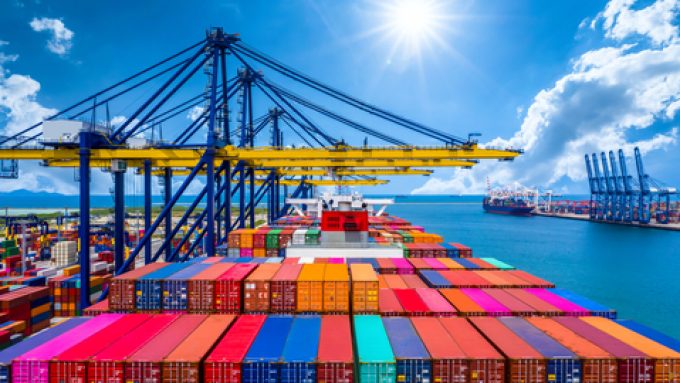With billions to burn, shipping lines fear nothing in H2 25
‘In the name of share’

Shipping lines have realised the benefits of consolidation during the coronavirus crisis, with the sector seeing a “new competitive landscape”.
According to Lars Jensen, CEO of SeaIntelligence Consulting, carriers’ ability to control capacity is better than ever, since there are now only “seven or eight” global ...

Comment on this article
James Hookham
May 07, 2020 at 11:18 amWow! Less than a month after the European Commission extended shipping lines’ exemption from the discipline and transparency of EU competition rules for another four years, the extent to which they are said to be exploiting these concessions to manipulate rates at the expense of shippers is set out in black and white. This is a jaw-dropping admission!
At the time of renewal GSF said the Consortia Block Exemption Regulation review was ‘unfinished business’. Here is evidence that we still have a job of work to do. Anti-competitive alarm bells should be ringing not just in Brussels but in every other competition ministry around the world. Shippers (i.e struggling importers and exporters) should not have to put up with this!